Many governments agree that the “whatever floats your boat” attitude needs to go, at least when it comes to unrestricted use of fossil fuels.
A group of 47 governments has joined forces with the International Chamber of Shipping (ICS) to insist that the International Maritime Organization (IMO) take action on greenhouse gas (GHG) emissions in shipping.
The signatories to the proposal have asked that the IMO adopt a flat-tax structure that would see shippers paying a levy for every ton of GHG emissions they put into the environment. The entirety of the European Union (EU), the United Kingdom and Asian countries like Japan and Korea have backed the proposal. But perhaps more notably, so have flag states like Liberia and Panama.
The goal of the levy would be to bring fossil fuels and zero-emissions fuels closer to price parity, incentivizing the use of zero-emissions tools and bringing the shipping industry closer to its net-zero goals for 2050.
The details still need to be ironed out. While some flag countries are hoping to see the price per ton paid fall as low as $18.75, other countries have advocated for a tax as high as $150 per ton, according to the proposal. It remains to be seen whose interests will win out, should the proposal be adopted.
According to the Financial Times, Liberia—which is reliant on its low taxes to lure shippers—favors a levy closer to $18.75, while other flag countries, like the Marshall Islands, favor the higher end of the proposed tax. Island nations have, on this issue, moved with a fervor on bringing GHG emissions down sooner than later; that may be because they are more likely to face the near-term, negative impacts of climate change without safeguards in place.
The signatories noted that the IMO would need to put a mechanism in place to track the carbon emissions of each ocean vessel, then issue a bill of sorts to each shipping company within the first six months of each calendar year. The shipowners would then be responsible for paying the taxes they incurred within the first seven months of the year.
The taxes collected by the United Nations-founded organization could stand to benefit developing nations most at the mercy of climate change’s impacts, some have suggested. Others have stated that, perhaps, it could be used for a research and development fund aimed at accelerating the growth of zero-emissions fuels.
The joint proposal comes ahead of a February IMO meeting, where its GHG working group (ISWG-GHG) will review various proposals on net-zero goals; the proponents of the idea hope to see regulations approved by the IMO by April, which would see companies paying their first levies for GHG emissions in 2028, tracked from the 2027 calendar year.
Guy Platten, secretary general of the ICS, said the industry wants to see such a change. In late 2023, executives from several major shipping companies, including the CEOs of A.P. Moeller-Maersk, CMA CGM, Hapag-Lloyd, Mediterranean Shipping Company and Wallenius Whilhelmen, called on the IMO to make a similar move.
Maersk’s CEO also left the ICS in 2022, moving on to the World Shipping Council, because the former organization hadn’t taken a strong enough stance on climate goals.
“The industry fully supports the adoption by IMO of a GHG pricing mechanism for global application to shipping. The joint text put forward by this broad coalition is a pragmatic solution and the most effective way to incentivize a rapid energy transition in shipping to achieve the agreed IMO goal of net zero emissions by or close to 2050,” he said in a statement.
Platten further noted that while the organization is excited to see a “large and diverse group of nations” backing the proposal, some governments have chosen not to get behind it. That includes the U.S., China and Brazil.
“While a large number of governments now support a universal flat rate GHG contribution by ships—or something similar—a minority of governments continue to have concerns. Working in cooperation with all IMO Member States we will do our best to allay such concerns during the final stages of these critical negotiations about regulatory text,” Platten noted in a statement.

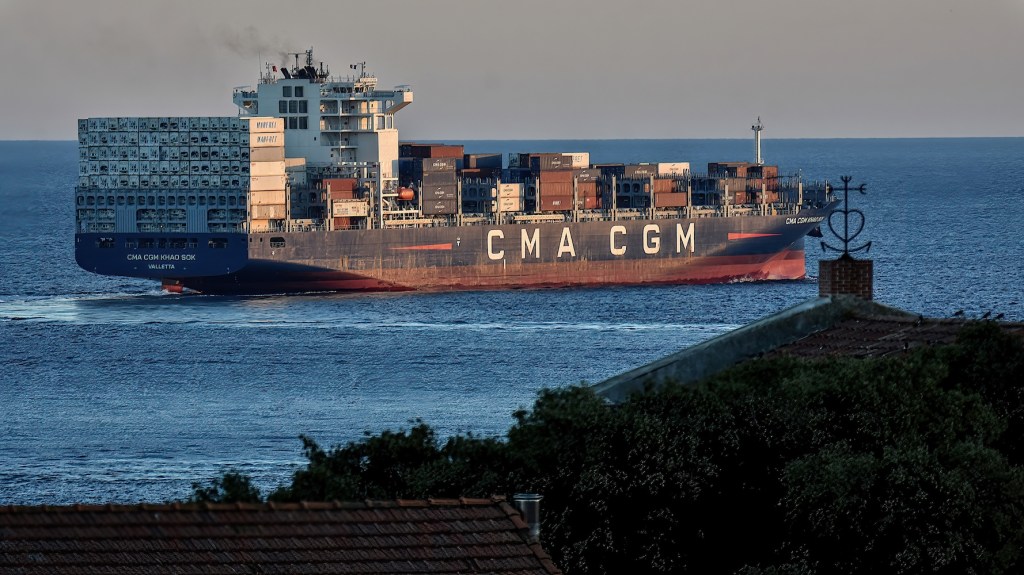
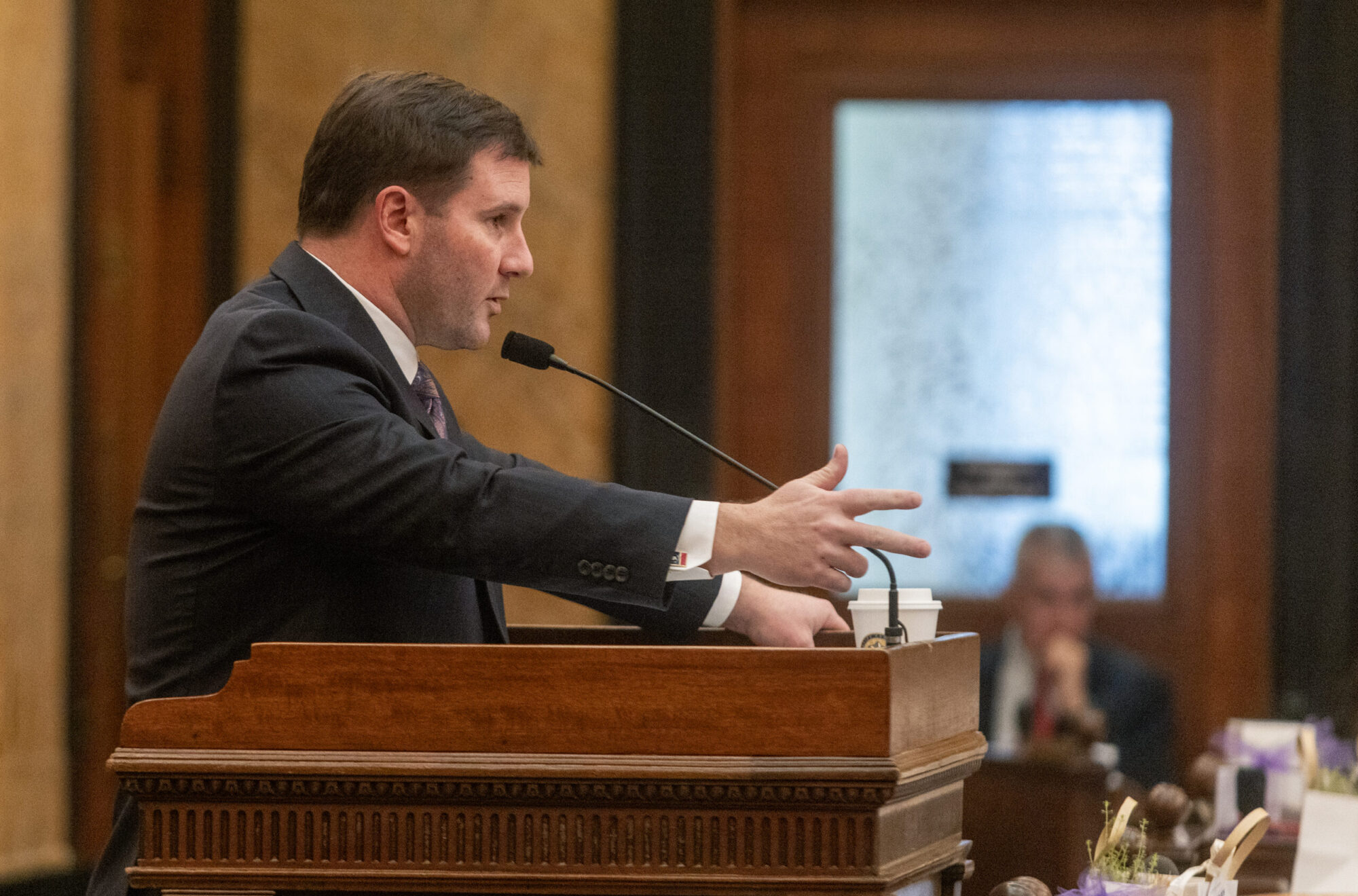


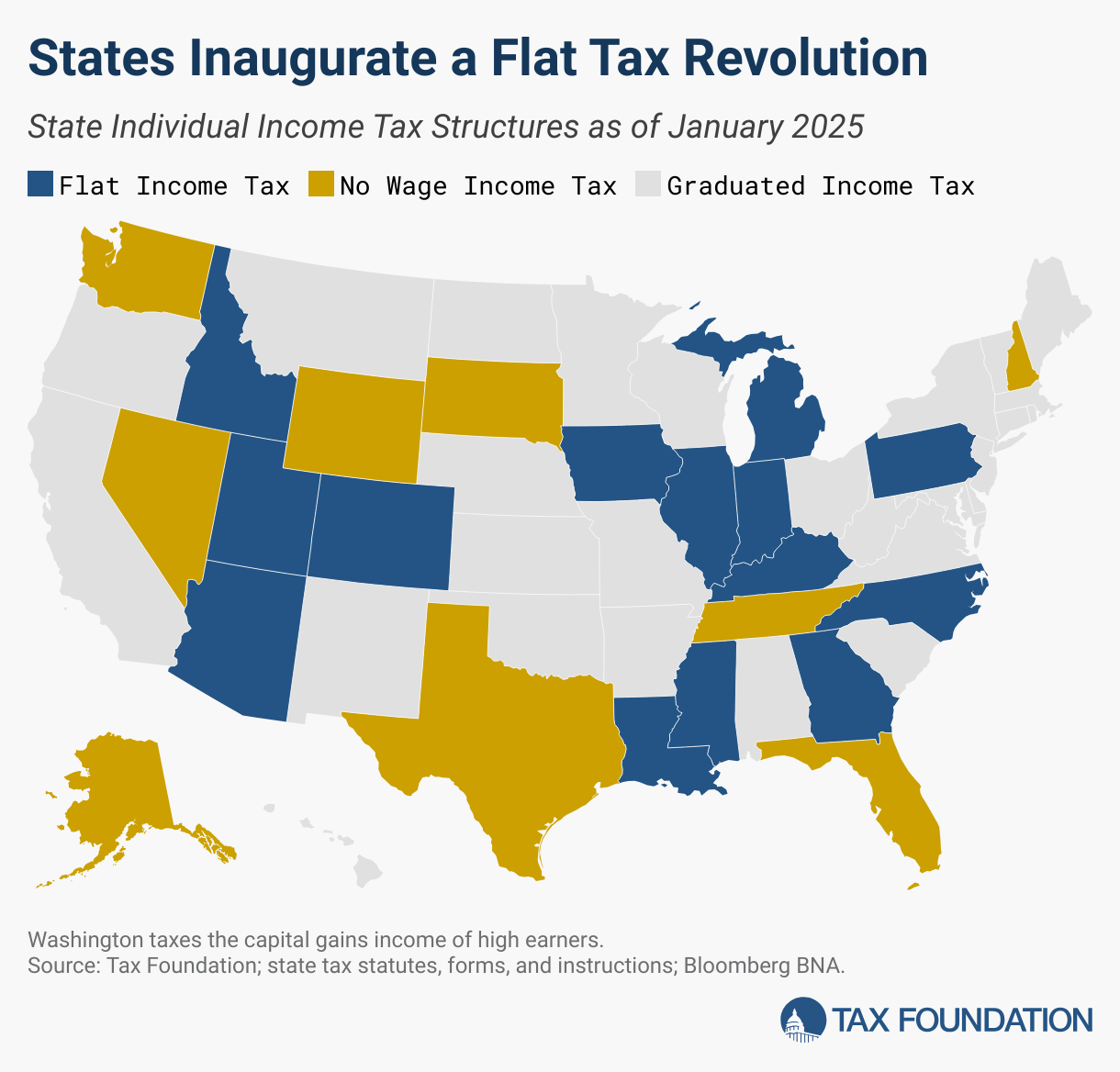
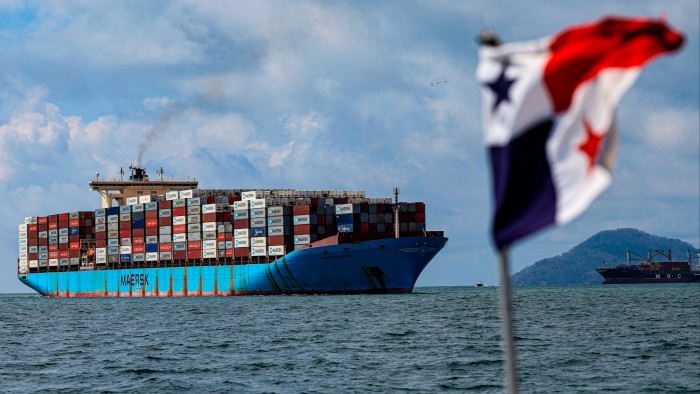
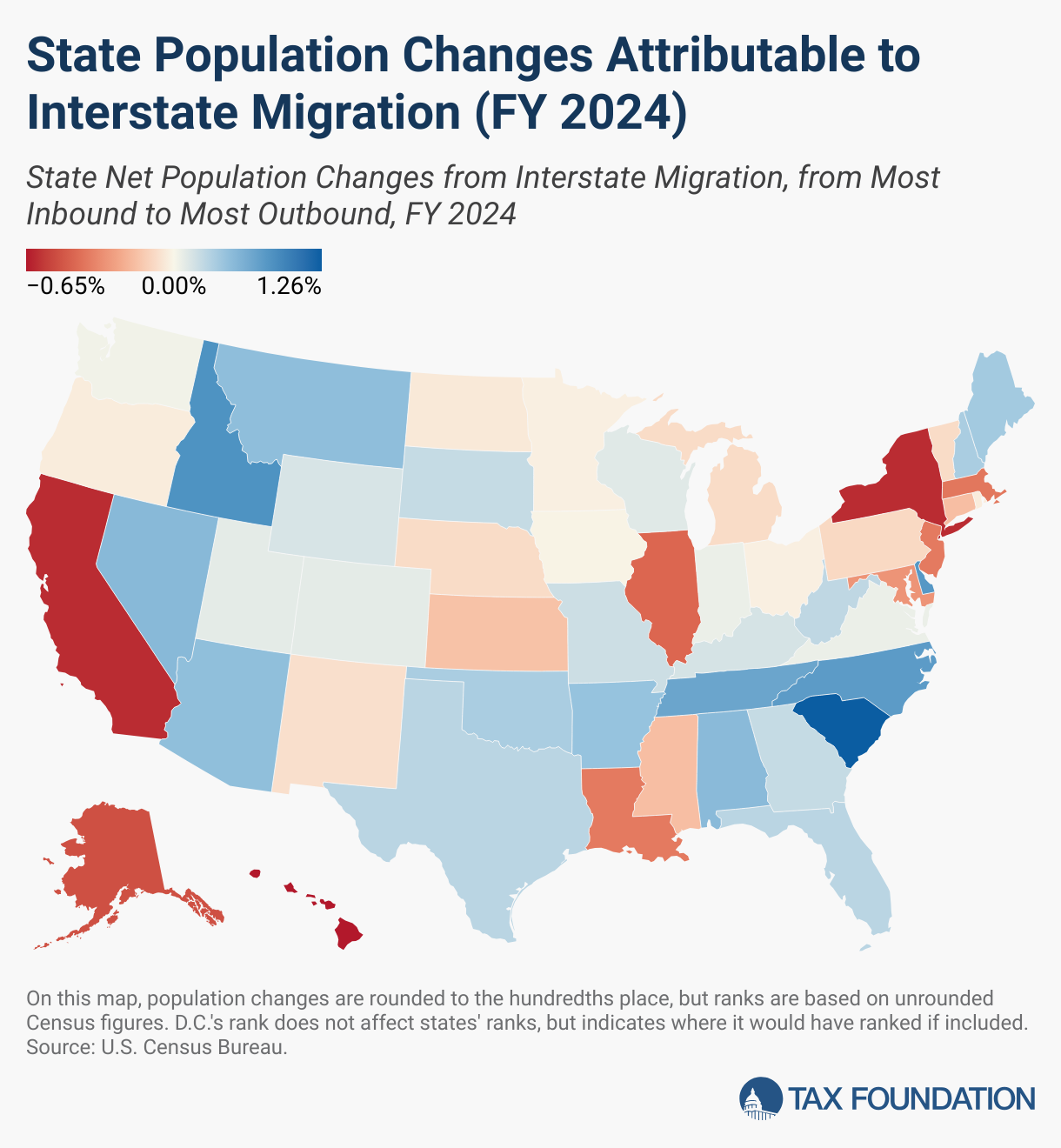


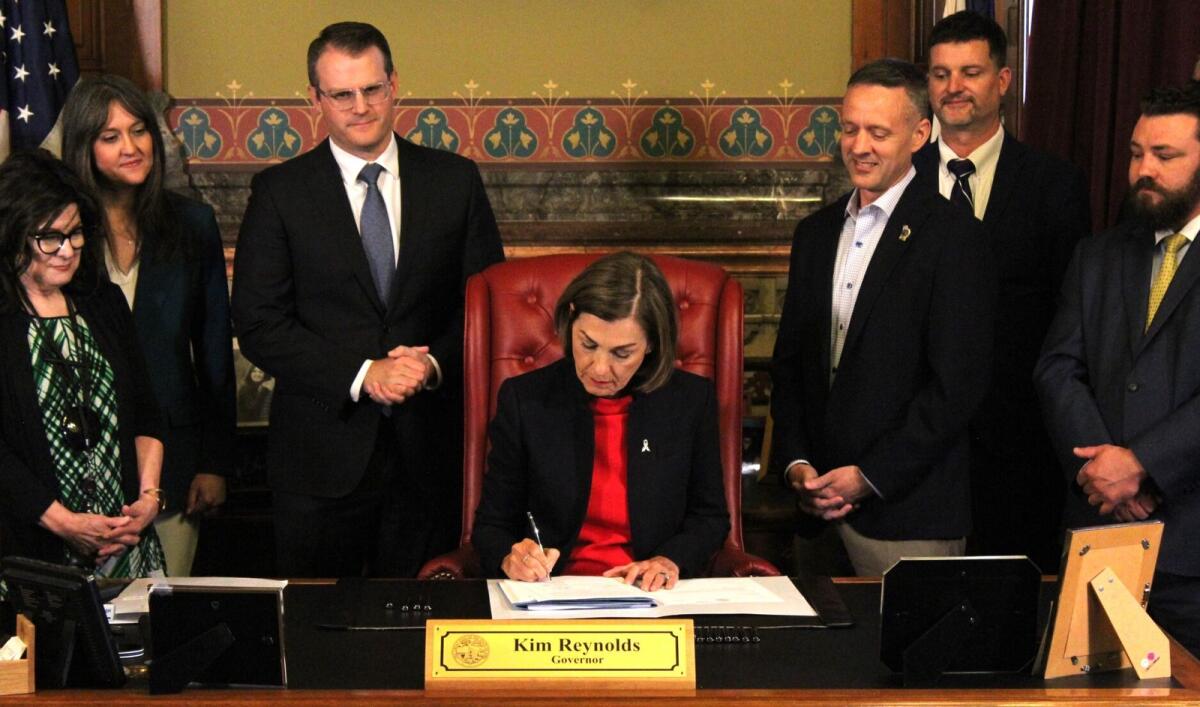
Leave a Reply